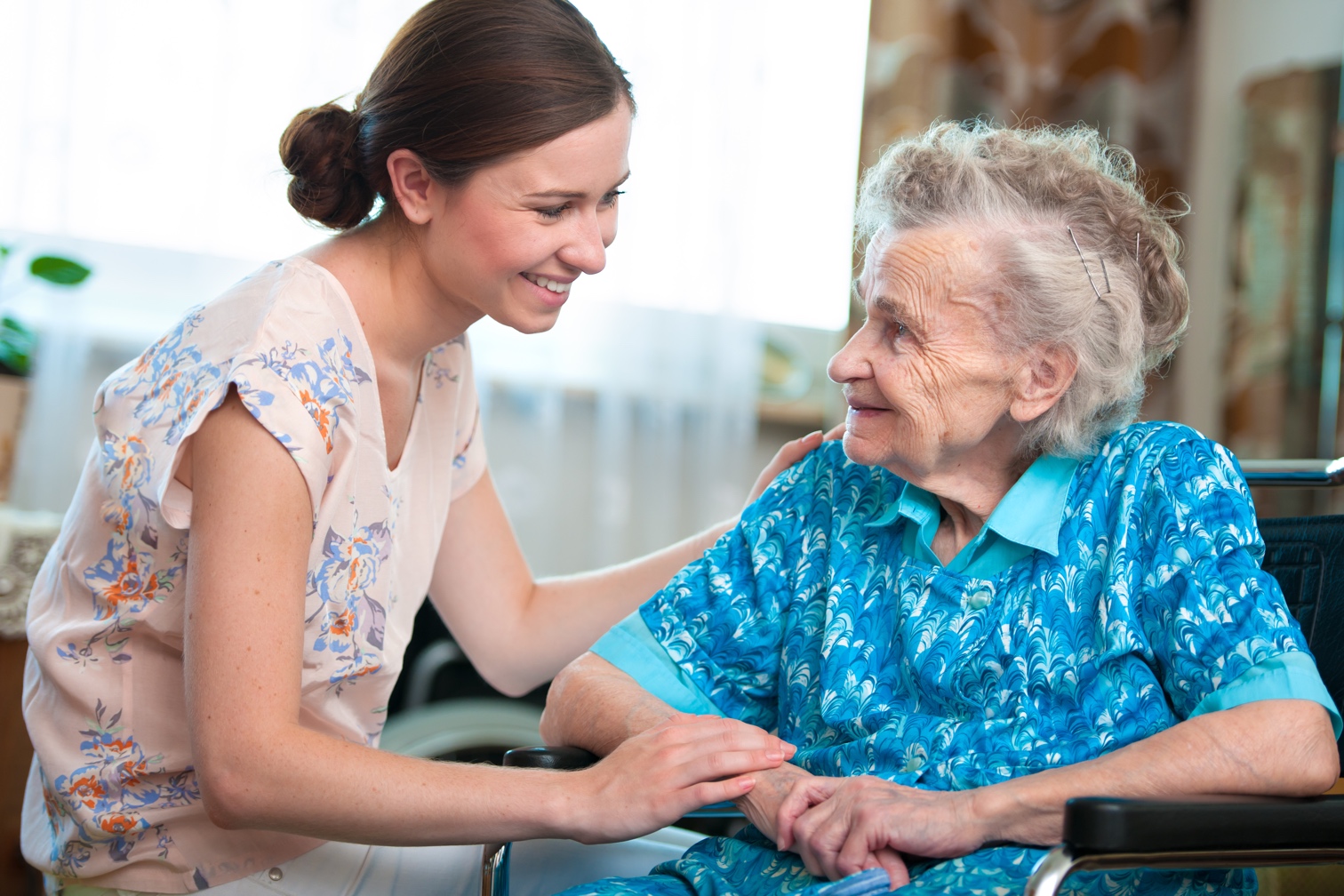If you are caring for a loved one, you might find Caregiver Support groups to be a great help and source of comfort. Many caregivers end up feeling guilty and run down over similar problems. You may discover that a lot of people out there are annoyed at a parent for nagging, angry with their sibling who never pitches in, or are feeling guilty for taking even a little time for their own hobbies. You'll find comfort in having a place to vent and learning that you're not quite as alone as you thought.
What Do They Talk about in Support Groups?
It turns out most caregivers are experiencing the same things that are getting you down. Common topics that are discussed in support groups include:- Family members who never pitch in
- Bickering with the loved one you are caring for
- Changes in mood associated with dementia
- Tips for being a better caregiver, (like lifting mom with greater ease, household safety tips…etc.)
In Their Own Words: Why Caregivers Appreciate Their Groups
We asked members of our online support group about their experience of having a community to talk about caregiving."I am so grateful to have found this online support group. We all have the same problems, worries, fears, anger, triumphs, defeats etc. ......It makes the craziness a little less crazy and normal."
"I love this group because you get the support whenever wherever. And when you're taking care of someone when do you have the time to get to a group?"
Where Can You find a Caregiver Support Group?
HomeCare.com moderates an active support forum on Facebook. The great part is that it is a closed group, so your family won't be able to see the things you discuss. You can request to join the caregiver support group here. It's easy to join and you can read the discussions until you're ready to join in.Join the Facebook Caregiver Support Group
Some caregivers like to find in-person groups to supplement an online community they've joined. There's something unique about seeing the same faces on a regular basis and you'll have an easier time making friends in person. Start by looking for groups online ('Caregiver support group in [YOUR TOWN]'). See if the local library or your religious group already has a group that meets regularly. You can contact your local Area agency on Aging or browse Eldercare navigator to find resources for caregivers.It's important for caregivers to take proactive steps to make sure they have a support system in place because being burned out doesn't just affect you. When you're supported emotionally, you will be a better caregiver for your loved one. I hope you strongly consider finding a group, online or offline, where you can vent and be heard.



